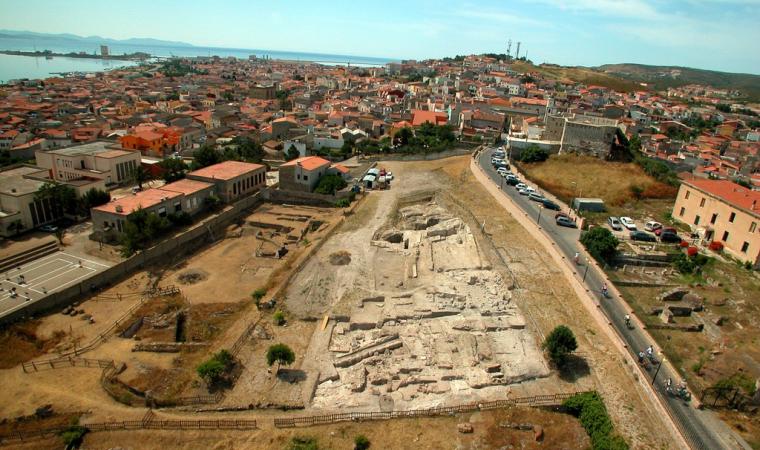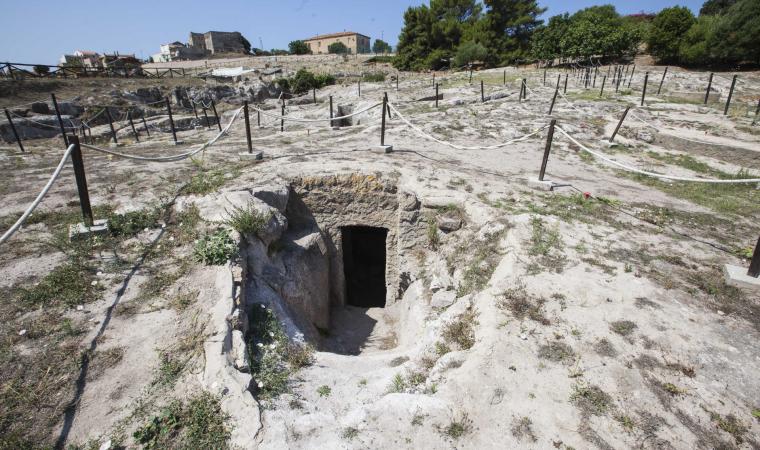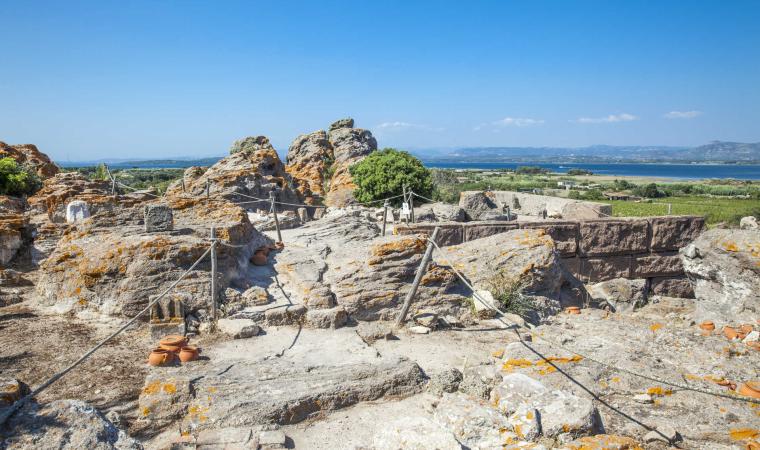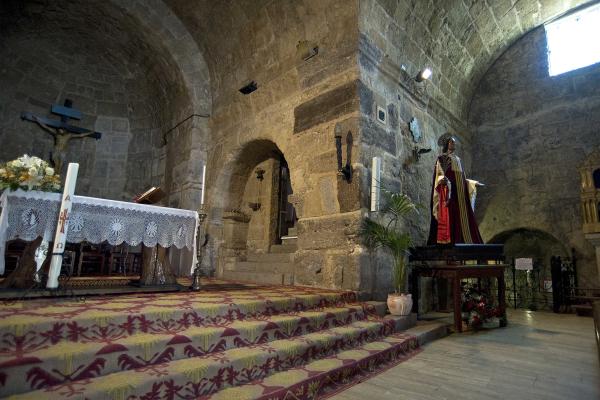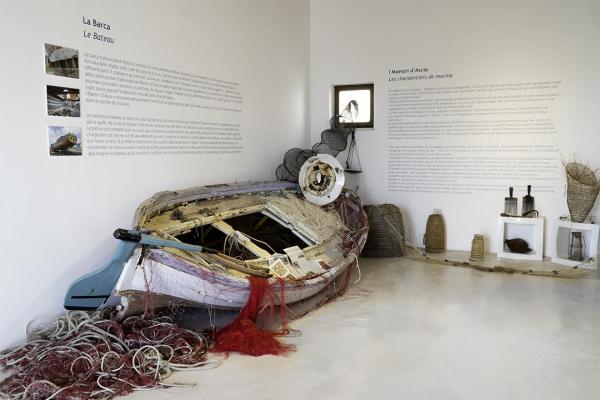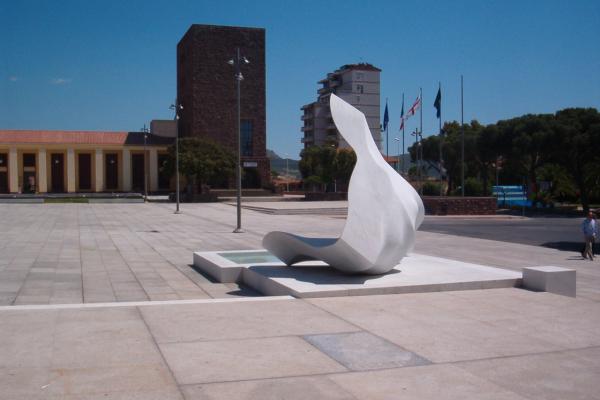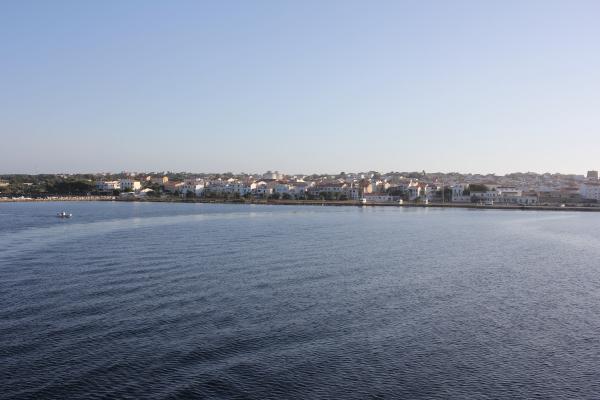In the splendid island of Sant'Antioco, inhabited since the 3rd millennium BC, as confirmed by the domus de Janus at Is Pruinis, the Phoenicians lived peacefully alongside the Nuraghic populations, founding Sulki (later Sulci) in around 770 BC, lending its name to the south-western territory of Sardinia. Trade connections ran from the south-eastern coast to the Iberian peninsula, North Africa and Etruria. Sulki was the arrival point for people from Phoenicia and the colony of Carthage, as well as trade with the Greeks and Etruscans. It became one of the most important Phoenician centres, and passed to the Carthaginians in 520 BC. The Punic victory brought a period of crisis, but Sulci flourished once again thanks to the position of its port and the enormous resources in the territory, including silver.

Punic archaeology
This enviable position, on an island to the far south-west of Sardinia, has attracted a range of civilisations since prehistorical times; here, the Phoenicians founded their first Sardinian city, exchanging trade and culture with the whole of the Mediterranean
This enviable position, on an island to the far south-west of Sardinia, has attracted a range of civilisations since prehistorical times; here, the Phoenicians founded their first Sardinian city, exchanging trade and culture with the whole of the Mediterranean
Approfondimenti
See this place because...
Delve into Sulci's glorious island past, see the necropolis suspended between the sea, earth and sky, symbols of civilisations that sailed the Mediterranean for trade.
Pictures and videos
Nearby
Dove si trova
L’area archeologica di Sulci, o Sulky, sorge a sud-ovest della Sardegna, nel territorio del Comune di Sant’Antioco.
Come arrivare
A Sant’Antioco, percorri via Dante Alighieri, svolta a sinistra e imbocca via Carducci. Vai a destra verso via Insula Plumbaria, svolta a destra e raggiungi il Museo Ferruccio Barreca.
Admission
Paid admission
Ti piace questo luogo? Sant'Antioco potrebbe essere la tua meta ideale.
You may also like
More attractions in the vicinity
Nearby hotels and accommodations

SANT'ANTIOCO
0 km

Bed and breakfast
SANT'ANTIOCO
0 km

Bed and breakfast (rental rooms)
SANT'ANTIOCO
0 km

